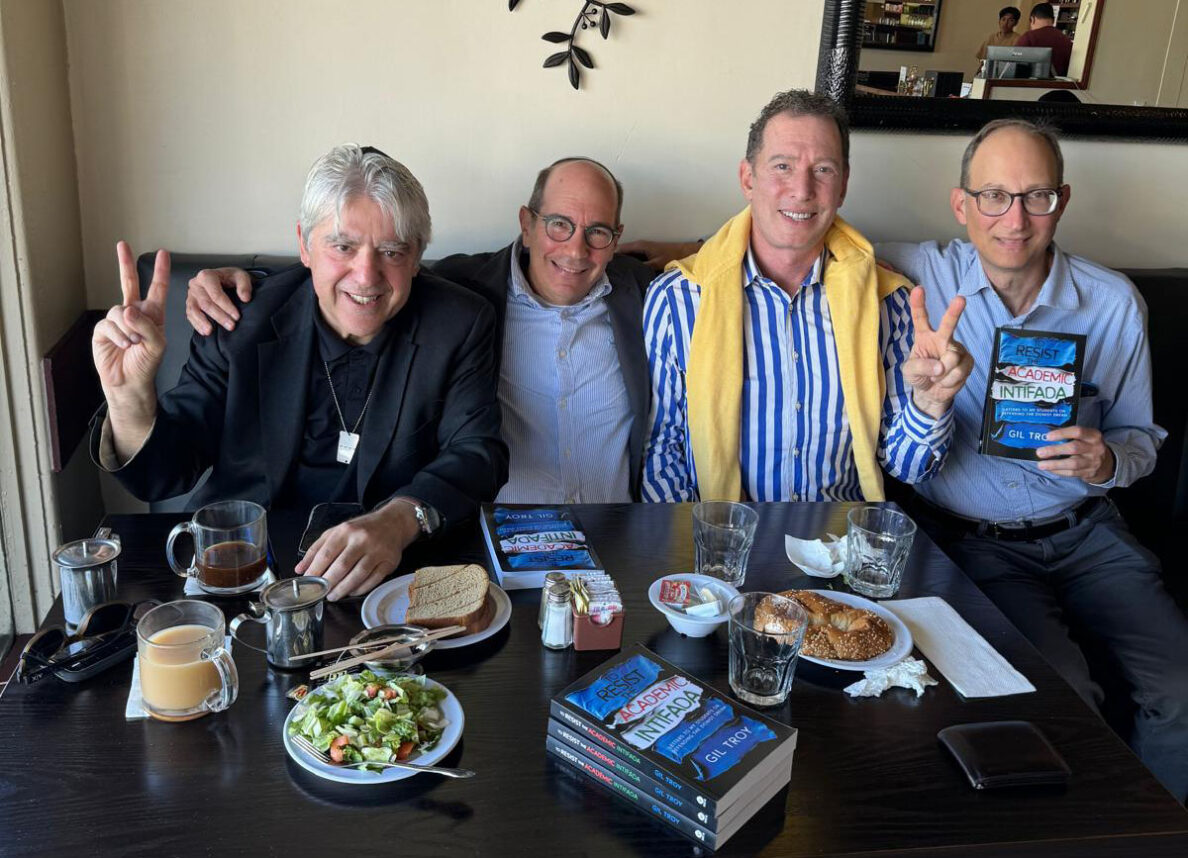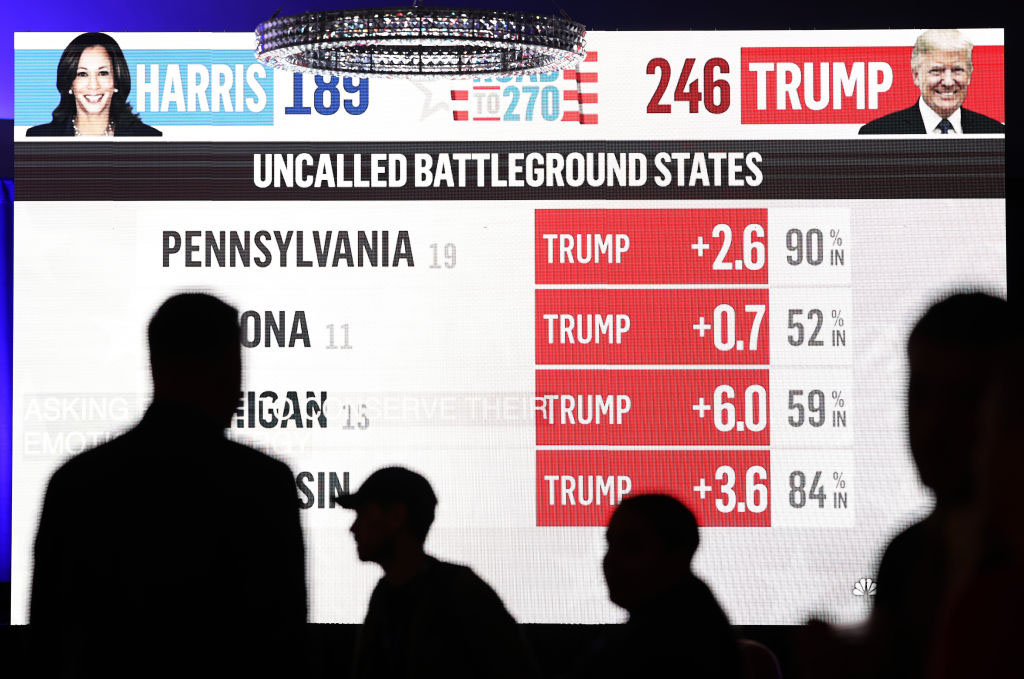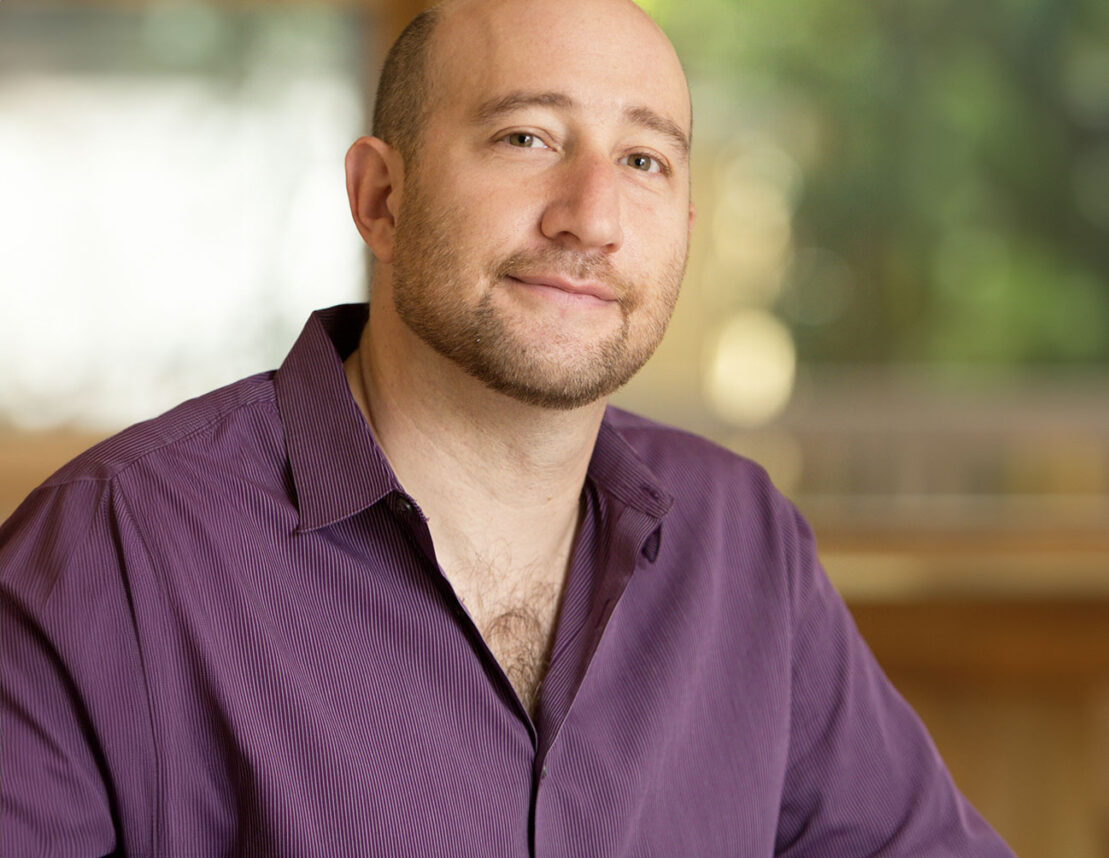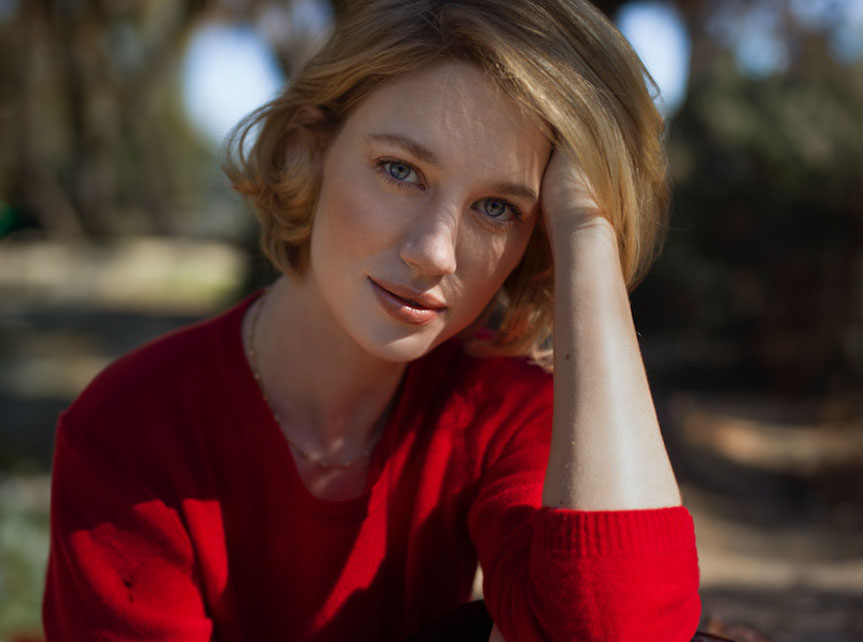Israelis fear homefront vulnerable to Iran attacks
As talk grows of an Israeli strike on Iran, so do Israeli concerns about reprisal missile strikes on its civilian population, writes Aron Heller for the Associated Press.
Skepticism about Israel’s ability to defend itself runs deep here. Israelis still remember Iraqi Scuds landing in the center of the country 20 years ago. In 2006, the Lebanese Hezbollah militia seemed able to rain rockets at will during a monthlong conflict with the Jewish state. A scathing government report issued months ago suggested the homefront is still woefully unprepared.
Americans Still Rate Iran Top U.S. Enemy
A new Gallup poll show Americans put Iran points ahead of public enemy #2 China, but is this a sign of impending war?
Americans most frequently mentioned Iraq as the United States’ greatest enemy in 2001—before the U.S. invaded the country and removed Saddam Hussein from power—and in 2005, when it tied North Korea. Iran has topped the list in each of the five surveys since.
The next fight in Egypt and Tunisia will be among the Islamists
Writing for the Chatham House think tank, Jane Kinninmont looks at the different organizations, groups and parties that fall into the catch-all heading of ‘Islamist’.
Ultimately, supporters of democracy in the Arab world should be concerned about any political actors that are intolerant, anti-democratic, violent and sectarian. These worries are neither unique nor specific to Islamist movements.
The Syrian city of Homs has long been the butt of local jokes, but the inhabitants’ determination in the face of an ongoing assault by the regime’s forces may force others to rethink, writes Omar Adam Sayfo in Foreign Policy.
Why the Homsis? Perhaps they have become the butt of Syria’s jokes because they are the country’s eternal rebels. Throughout history, they have held a unique place in Syria’s social and political fabric, prompting amazement, ridicule, and even anger from their neighbors. The Homsi jokes reflect the competing moral values, uncertain social boundaries, and competing power structures of Syrian society, whether in times of peace or war.























 More news and opinions than at a Shabbat dinner, right in your inbox.
More news and opinions than at a Shabbat dinner, right in your inbox.